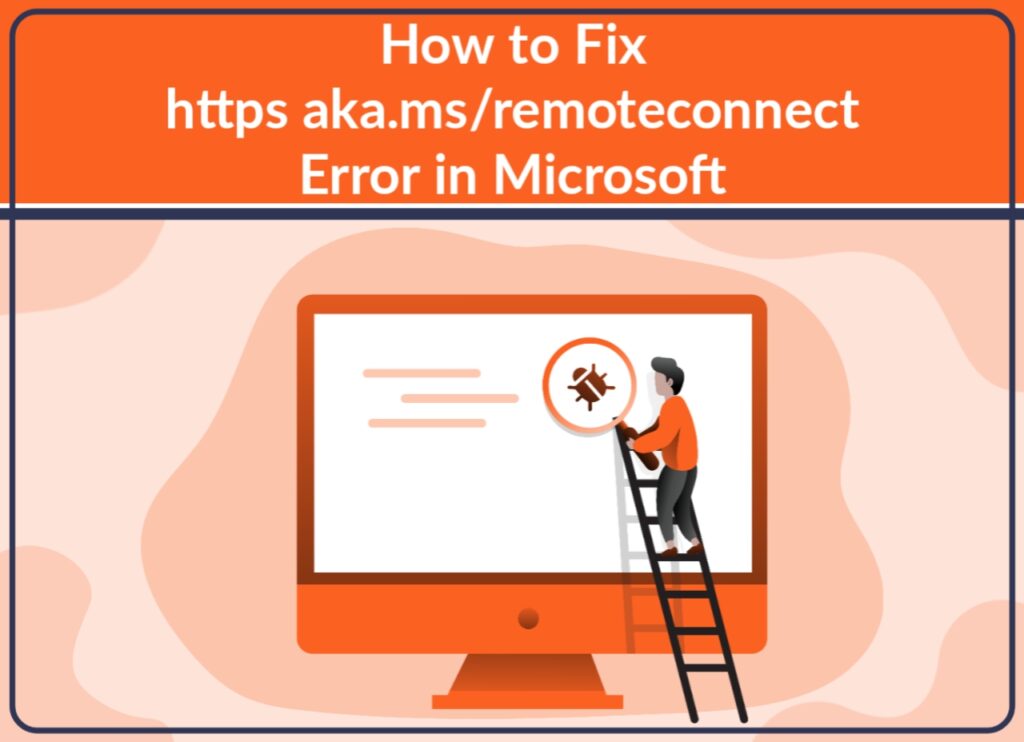The COVID-19 health crisis has unleashed new opportunities for cybercriminals to thrive. In fact, the incidents of cyberattacks in some business organizations have increased since malicious individuals are exploiting the current situation to deploy phishing campaigns, social engineering, ransomware attacks, and financially motivated scams. Yes, it’s true, we’re all living in uncertain times, but the cyber threats caused by hackers are nothing new and yet the importance of IT security should be strengthened even further to prevent systems from being hacked, especially now that most companies are allowing their employees to work at home, at least until the pandemic is over.
So we invite you to read further as we’ll tackle some tips in fortifying IT security amid COVID-19 in today’s post.
Table of Contents
Tips in fortifying IT security amid COVID-19
Secure Personal Devices (BYOD) And Consider Network Visibility

Most likely, some companies are already planning to transition from the usual in-office work practice to allowing employees to work remotely. And if this happens, the network monitoring protocol that worked in a conventional office setting may not be as effective when most of your staff are working at home.
Also, read How Insurers Leverage Machine Learning Processes.
To solve this concern, you need to adjust IT security enterprise protocols and understand your company’s network visibility while recognizing the risk profile of the potential threats that might cause harm to your organization. Aside from that, you’ll need to adapt expanded threat hunting activity to cover possible gaps and strengthen security defenses through penetration testing and red teaming.
Also Read
This way, you’ll be able to locate vulnerabilities or threats lurking within your network system. In addition, restricting user access and reducing trusted networks are also recommended to prevent credential escalation attacks.
Cyber Attack On Video Conferencing

The cyberattack is being carried out by exploiting the weaknesses of the remote work of the employees through video conferencing. Numerous people using video conferencing have been harmed here by stealing their names, emails, passwords and selling them. They commit this crime with tools called “OpenBullet”.
Organizations that rely heavily on video conferencing steal information and sell it to other hackers. The goal of hackers is to gather and sell classified information used in video conferencing. Unscrupulous circles use secret information for evil purposes. Steals people’s names, emails, passwords, enter multiple accounts and deceives people.
Advise Employees To Be More Vigilant

Remind your workforce to be cautious with the way they’re accessing your company’s IT network at home. To be specific:
- Advise them to be familiar with your company’s telework policies so your employees will adhere to the best practices and conform with the established security measures to prevent hacking incidents from happening.
- Instruct your staff to use BYODs that are only approved by your IT security. Of course, they can use their desktop PC, personal laptops, and tablets as long as these devices have security software installed to detect incoming threats.
- Use Virtual Private Networks (VPNs) when necessary.
- Teach your employees to create strong passwords (as much as possible, let them use 2-factor authentication), avoid clicking pop-up windows and suspicious links from email messages, and update their router’s software.
- Inform your staff to contact your company’s IT team immediately and never let them try to fix any technical issues on their own.
Keeping The Necessary Information Safe

Due to the epidemic, most of the work has been based online. The company has made its activities internet-based due to lockdowns and health risks. But this has increased the likelihood of cyber risk. This does not mean that online business cannot be conducted. This can be prevented by following cyber security laws. If there is a possibility of any danger, immediate action should be taken. Important information must be stored confidentially. Be careful not to fall into cyber risk. In the event of an attack, you need to keep your information secure.
Work With An IT Consulting Company To Reinforce Your System Security

As threats continue to evolve, the need to keep up maybe a challenge that your in-house IT team might not be able to accomplish on their own. So to ensure robust remote security of your digital network, it’s recommended to partner with a reliable IT consulting company like LookingPoint near San Ramon, CA as they’ll be able to detect loopholes in your system that hackers can exploit to steal data or execute their financially motivated schemes.
So it pays to have a partner like them to protect your IT network from cyberattacks.
Conclusion
Cyber attacks are not a new concern, they have been around for a long time. Money laundering is not the only purpose of cyberattacks. Cyber attacks are also used to tarnish the reputation of the organization. People are not aware of the issue until they face loss. But there is no scope for unconsciousness in the case of cyberattacks. It is possible to prevent cyber attacks through cyber security strategies, risk assessments, access system improvements, and infrastructure improvements.






